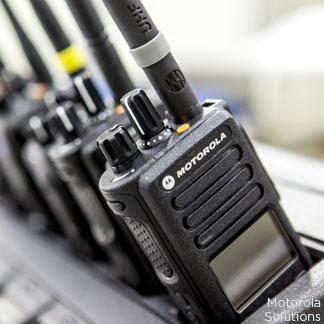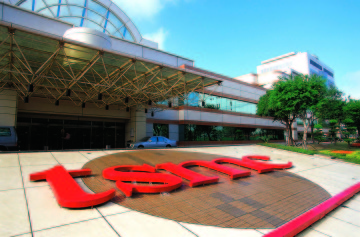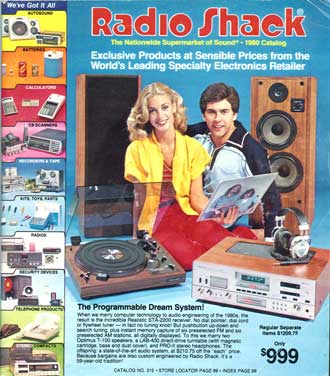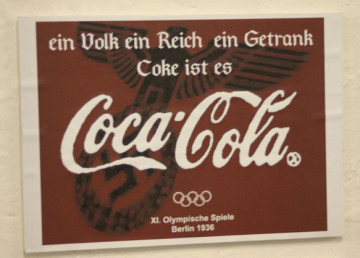 There have been howls of derision on the interwebs after it was revealed that ad-blocking browser Adblock Plus has been paid off by Google, Amazon, Microsoft, and Taboola.
There have been howls of derision on the interwebs after it was revealed that ad-blocking browser Adblock Plus has been paid off by Google, Amazon, Microsoft, and Taboola.
What appeared to have been a brilliant bit of software which kept adverts out of your browser, has turned into something of a debacle.
PC Mag said that that one digital media company, which asked not to be named, said Eyeo had asked for a fee equivalent to 30 percent of the additional ad revenues that it would make from being unblocked.
What this means is that all you need to do to make a bit of dosh is write an ad-blocking code, it does not even have to work that well, and show up at the Big IT companies and say: “That is a nice bit of advertising, it would be terrible if something happened to it” and collect your cheque.
PC Mag ummed and ahed about how advertising drives the free Web and sites were not staying in business long these days, but the fact that you have to pay people who write anti-advertising software to look the other way does strike us as the central part of the story.
What this means is that the big companies who can afford to pay, can run adverts while the smaller magazines will see their sites blocked. In short the big guys win and the little sites are stuffed.



















